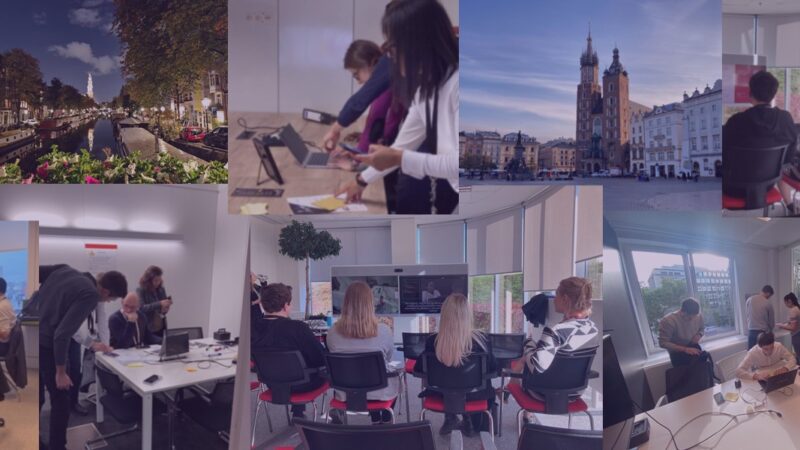For over twenty years, Wavestone has been supporting clients develop and strengthen their Identity and Access Management programs. Within this area, Wavestone has observed that organizations do not always approach IAM in a comprehensive manner. While Security is an obvious…
Category: Focus
The increasing maturity of technologies associated with the use of digital certificates The use of digital certificates on information systems has been around for over 20 years. It is a proven practice based on standardised technologies and regulations governing several…
M365 is a true catalyst for collaborative work, having to respond to the increase in internal threats that result. The importance of the M365 suite in business The Microsoft 365 software suite offers a critical set of collaborative services for…
DORA, in a nutshell The European Union published the Digital Operational Resilience Act, or “DORA”, on December 27th, 2022, and it entered into force on January 16th, 2023. It sets new rules for financial entities and their ICT third-party service providers…
The ISO 27001 and ISO 27002 standards provide a set of requirements and best practices to organize and implement an Information Security Management System (ISMS) within any organization. The success of these standards has been widely observed both in France…
In nearly 90% of the incidents managed by Wavestone CERT [1], the Active Directory domain was compromised: rapid rebuilding capabilities are no longer an option. However, the backup and recovery of Active Directory environments is a subject that has long…
Preparing for crisis management is now necessary for most companies and large organizations. Conscious of the risk or driven by regulations (the DORA regulation is a good example), crisis exercises and simulations have become an unmissable annual event. Even if…
How to ensure the security of your applications despite outsourcing their development? Integrating security into projects is an important process for companies to define and integrate security aspects into products as early as possible. This avoids increasing the cost…
Who would have known that locking your employees in a room for 15 minutes could become their new favorite way to learn about cybersecurity? In a never-ending quest to find innovative ways to raise awareness on cybersecurity topics, the Wavestone team…
Once again, the CERT-W 2022 report confirms that the main motivation of attackers continues to be financial gain and ransomware remains the most common means of extortion. Ransomware attacks are among the most severe cyberattacks in terms of their impact on…

![[INTERVIEW] IAM Maturity Assessment – Where do you stand and why is it crucial?](https://www.riskinsight-wavestone.com/wp-content/uploads/2023/01/Image1-800x450.jpg)








